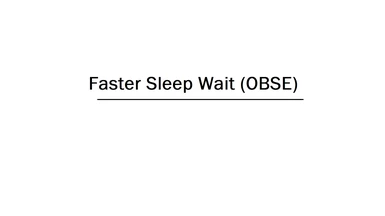

Am looking is weaker sentence construction- looking requires an auxiliary (helper) verb, ( am), in order to make sense. They’re both correct, but one of them uses more active language. Here’s a tip: Which one is grammatically correct: “I look forward to hearing from you” or “I’m looking forward to hearing from you”? This closing doesn’t insist on an answer, so use it only when you’d welcome a response but you don’t need one. This one says “Hey, my inbox is always open!” It’s breezy and informal, and it works well for recipients you have an ongoing dialog with. In a more businesslike setting, it could seem more like a stern warning: “I expect a reply.” 4 If your email has a friendly tone overall, then the sign-off will sound friendly. This is another closing that can sound pushy in the wrong context. It gives the recipient a bit more of a nudge than “I look forward to hearing from you.”

It’s okay to use this alternative when you want an answer as soon as possible, but you don’t have a time constraint. It works best if you’re hoping for a reply, but you’re not necessarily expecting it.Ī more casual request would be something like, “I value your feedback, so let me know what you think!” 3 Just keep in mind that this sort of closing is a bit softer than requesting input by a specific date. If you don’t have a hard deadline (“Get back to me by Wednesday”), closing your email with a request for feedback is perfectly appropriate. Good email communication eliminates guesswork for the recipient. Please pass this info along to your teammates. Would you like me to send you our research when it’s finalized? Would you please send me your feedback by Wednesday?

I plan to hand off this graphic to our design team by Friday. Instead, prompt your recipient to make a specific move. Now, you’re just waiting passively for a response rather than moving the email thread forward, and your recipient may not even know what you want from them. The problem with “I look forward to hearing from you” is that it removes you from the active role and puts you in a subservient one. RELATED: How to End an Email: 9 Best and Worst Email Sign-Offs 7 Alternatives to “I Look Forward to Hearing From You” 1 You see what we’re saying.) At worst, it’s presumptuous and even a bit snarky. (When was the last time you read “I look forward to hearing from you” and thought Gee, how nice! I think I’ll respond immediately? Right. At best, “Looking forward to hearing from you” is invisible-a standard closing phrase that recipients tend to disregard. Although plenty of business emails end with this phrase, there are better options.


 0 kommentar(er)
0 kommentar(er)
